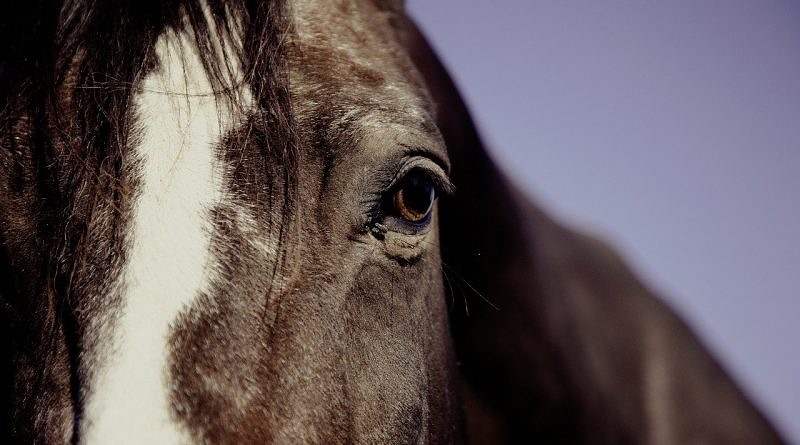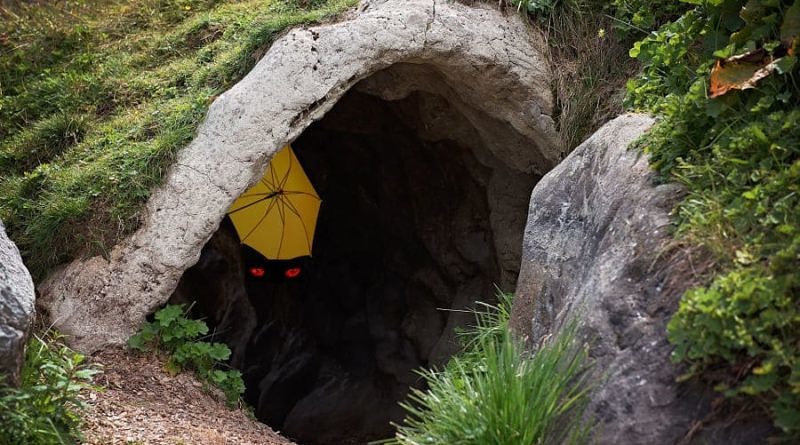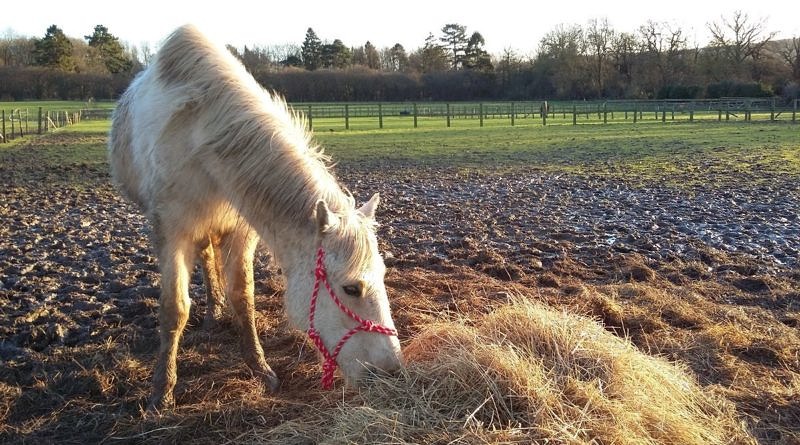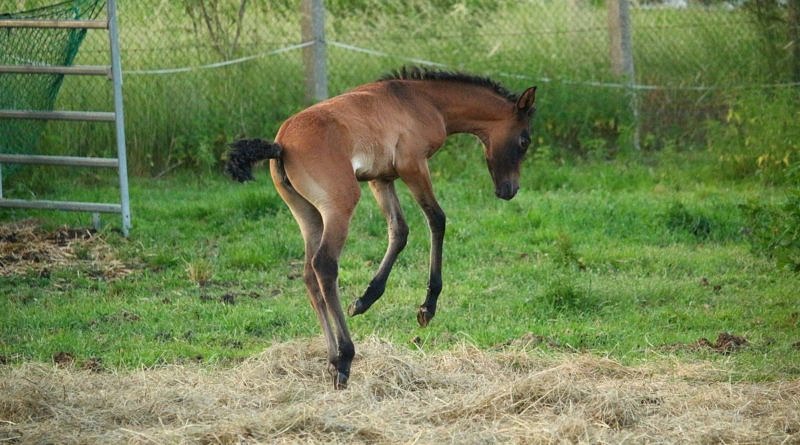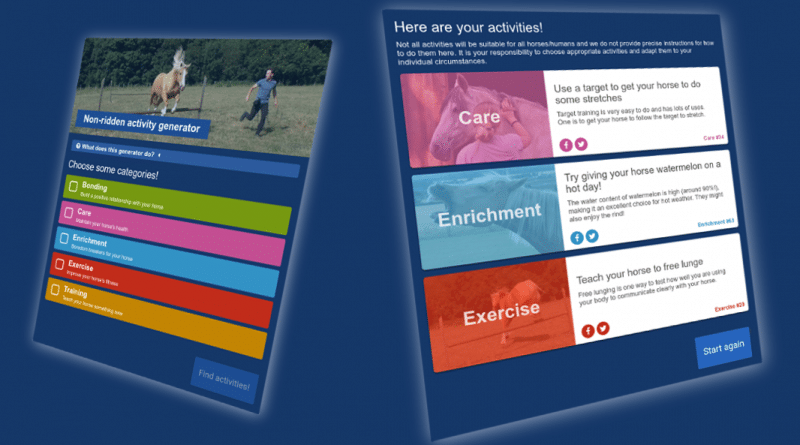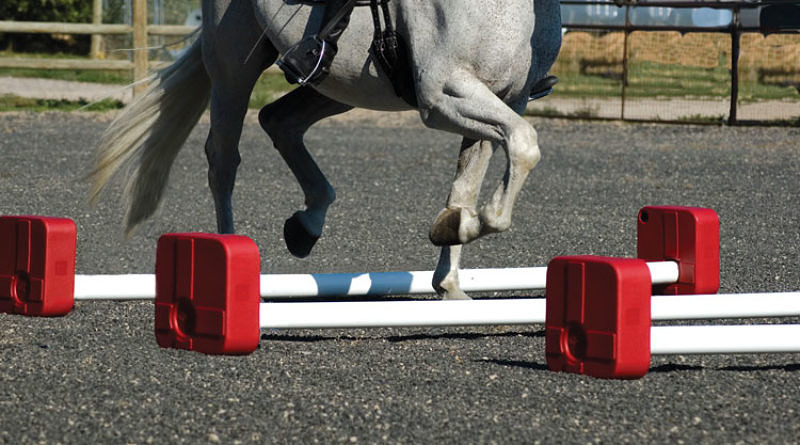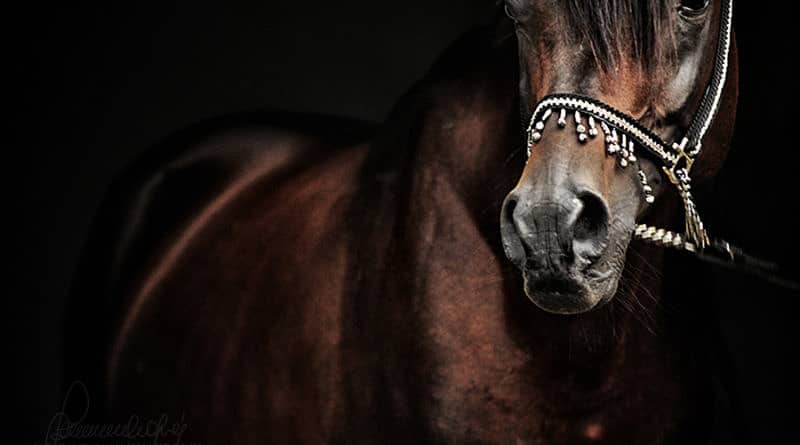How much horse experience do you really have?
Seasoned equestrian? New to horses? Here’s how to get the most out of your time with horses. And remember, not all experience is equally useful!
Experience is immensely important as an equestrian. Riders, coaches and trainers will often boast of having had many years of experience. But not all experience is equally valuable, and in some cases experience can actually make equestrians worse! If this sounds strange then read on!
Neutral experience – learning nothing
The idea that more experienced equestrians will also be better equestrians is based on the assumption that we are always learning something useful from our experiences. Unfortunately this is not always the case!
I once worked with a client who turned her horse out every day. Most days her horse would start pulling at the lead rope when approaching the corner of the barn, and then bolt off to the field as soon as she turned the corner, pulling the lead rope out of the owner’s hands
This owner had a lot of “experience”: she experienced this situation almost every day! But she never learned anything from it all. She couldn’t tell which days would be ok and which days wouldn’t. She didn’t notice that her horse was anxious in the stable because all of the other horses had already been turned out, and that the “good” days were the days when she arrived early and her horse still had companions in the stable.
This kind of experience has no real value at all. She had been doing this every day for three years, but she was no “better” after three years than she was on day one.
This might sound like an extreme example, but this kind of thing happens to all of us. There is a lot going on when you are working with horses and it is not possible to pay attention to everything! Learning requires us to pay attention and to reflect afterwards. If we aren’t doing that then it doesn’t matter how many years we’ve been doing something – we won’t have learned anything!
Active focus
Neutral experience happens when we fail to pay attention or fail to reflect on our experiences. Start training yourself to get in the habit of consciously thinking about what you are doing, how your horse is feeling, and what is changing in your environment. In particular pay close attention to your horse’s body language and facial expressions whenever you are with them.
Bad experience – learning the wrong lessons
In many equestrian situations there are multiple ways to achieve some desired result, but they are not always equal, and sometimes the “solution” might end up making things worse than the initial “problem”. A good example of this is when owners use bridles, bits, or control halters (like the dually halter) to attempt to control their horse when leading.
Usually what happens is that, at some point, the owner’s horse has been anxious or spooky and pulled at the lead rope. The owner has responded by using some method of overpowering the horse, and superficially at least the problem has been solved. The owner then “learns” that the way to handle anxious or spooky horses is to use stronger control devices. They continue doing this whenever they encounter anxious horses, and can truly say something like “I’ve had ten years of experience, and I’ve learned that the way to handle anxious horses is to use a dually”.
But in this case, they have learned the wrong lesson. It is true that a stronger control device can make it easier to control anxious horses, but at the same time, harsher methods also cause horses to be more anxious! The “solution” can end up causing exactly the “problem” that it is supposed to solve.
Bad experience is very difficult to correct – the longer someone has been doing something, the stronger their belief will be that it is correct. After all, they will say, “I’ve been doing this for years!”. Equestrians with bad experience will never find better solutions because they don’t allow themselves the opportunity.
Even worse, bad experience tends to lead to situations in which the equestrian will simply give up. They think they “know” how to handle anxious horses, so if the one thing they “learned” doesn’t work they will say “that horse is impossible to work with”, rather than acknowledging that they need to learn something new. And that is why it is worse than having no experience at all. A novice equestrian doesn’t think they already know everything and will be much more willing to experiment.
Continuous openness
To avoid learning the wrong lessons you have to think creatively, try different approaches to solve problems, and continuously evaluate what you are doing. A good indicator that someone has fallen into a “bad experience” trap is if they say things like “My horse is just like that”, “My horse simply won’t tie”, “My horse just doesn’t like the trailer”. So if you ever find yourself saying or thinking anything like this then try to re-evaluate. Have you really tried everything? Do you really know everything there is to know about the situation, or is it possible that there are different approaches that you have never considered before?
Good experience – learning with a framework
We’ve already discussed a few aspects of how to gain effective experience. These can be summarized as:
- active focus: consciously pay attention to your experiences and reflect on them afterwards
- continuous openness: try new approaches and continually evaluate what you are doing
To truly build effective experience you need one more thing: a framework for putting all the pieces together and gaining deeper understanding. The most effective frameworks are those based in scientific and empirical research, specifically evolutionary biology and learning theory.
In the example of the horse that was pulling away when being turned out, knowledge of horse evolution gives us a framework for understanding why horses want to be close to their herd mates – it is a motivation that evolved in response to the threat of predation. For prey species like horses there is safety in numbers!
In the example of the horse that is anxious and difficult to lead, learning theory helps us understand why a dually halter will help. Control halters increase the discomfort of the horse when they try to pull, and if that discomfort is high enough then the horse will stop pulling to avoid the discomfort. But this also gives us another realisation – this will only work up to a limited point. If the horse becomes anxious enough then they will eventually have a strong enough motivation to avoid the overall situation that they will ignore the discomfort and try pulling away anyway. At the same time, experiencing the discomfort of the control halter will itself make the whole experience of being led more uncomfortable and therefore will tend to make the horse more anxious. These two things – hiding rather than fully solving the underlying problem (anxiety) and using a method that can make the underlying problem worse – can easily lead to explosive and dangerous situations if the horse finally decides that they have had enough.
Building effective experience is one of the most rewarding parts of equestrianism. If you follow the advice mentioned here then, over the years, you will find that you can anticipate problems more easily, generate your own innovative solutions, and start to build on your framework. You will understand your horses more easily and continually be improving how you communicate with them.
Building good experience is hard. It is not simply a matter of “putting the hours in”. So make sure to forgive yourself if you spend a day with your horse and realise afterwards that you were barely paying attention, or you find yourself stuck in a rut with some specific problem. We all have days when we are distracted, or just don’t feel as motivated.
Lastly, this might sound silly, but the best sign that you are gaining good experience is that the more you learn, the more you will realise how much more there is to know! Every day I work with horses I come away with new unanswered questions but also just slightly more ready for the next day; for another day of experiences!

